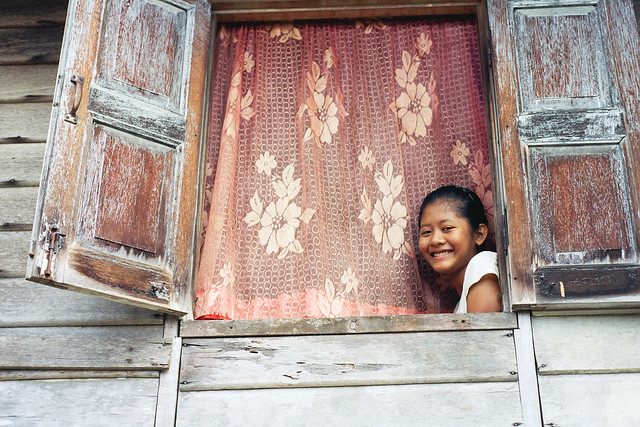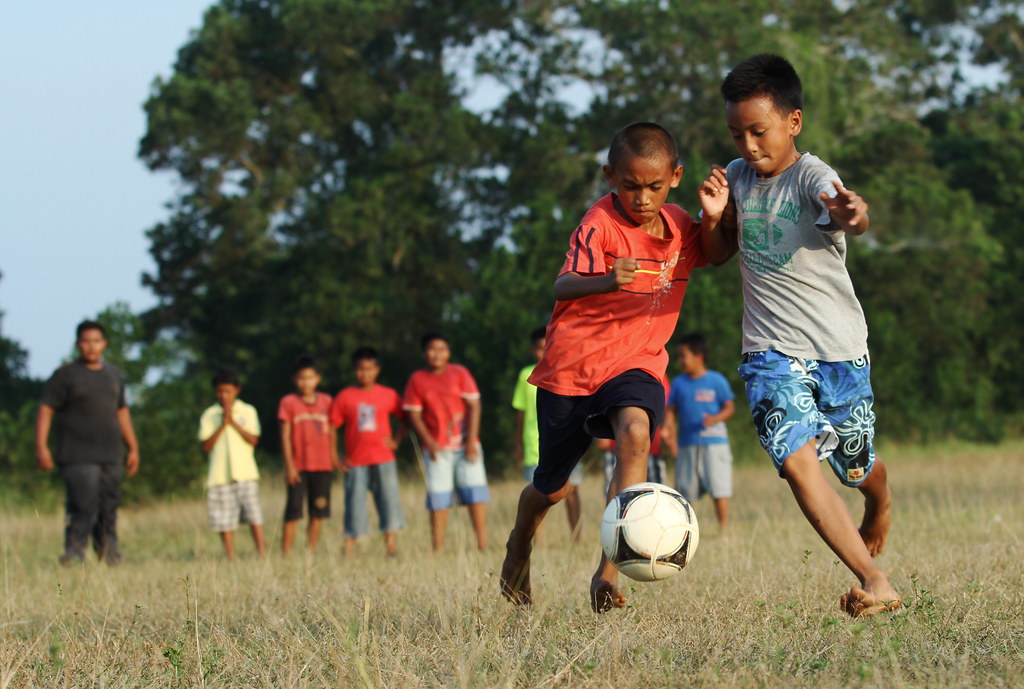 Malaysia, known for its bewitching terrain of rainforest, beaches and mountains, also struggles with its overwhelmingly increasing poverty. Since 2020, COVID-19 has worsened conditions for children living in extreme poverty. Around 72,000 children under 15 live in disheartening conditions that do not meet their basic needs, such as access to education, abuse, sexual exploitation and much more. Due to the virus, absolute poverty has increased by 8.4%, compared to a 5.6% increase in 2019. However, the insurmountable hardships children face in the nation can be reduced through powerful child sponsorships.
Malaysia, known for its bewitching terrain of rainforest, beaches and mountains, also struggles with its overwhelmingly increasing poverty. Since 2020, COVID-19 has worsened conditions for children living in extreme poverty. Around 72,000 children under 15 live in disheartening conditions that do not meet their basic needs, such as access to education, abuse, sexual exploitation and much more. Due to the virus, absolute poverty has increased by 8.4%, compared to a 5.6% increase in 2019. However, the insurmountable hardships children face in the nation can be reduced through powerful child sponsorships.
Child sponsorship is a charitable practice that allows individuals to provide financial support to a child, often in a developing country. Programs like these can lead to improvements in health and opportunities. The children get basic needs that they usually do not have; this breaks them out of a cycle of poverty and offers a flourishing future ahead. They foster so much support from their sponsor family by gaining clean water, nutritious food, and access to a proper education. For a child living in poverty in Malaysia, these organizations can greatly improve the quality of their lives with long-term support. These are the top child sponsorships in Malaysia.
Dignity For Children
Dignity for Children Foundation is an NGO that targets undereducated, poor children in Kuala Lumpur, Malaysia. The initiative began in 1998, and its learning center now has more than 2,000 students ranging from 4-19 years old and began with only 20.
Its numerous support programs, varying from lessons in agriculture to creating businesses for underprivileged kids, lay the foundation for a participant’s successful future. Sponsoring a child is how the organization runs, providing them with its abundant amenities. Since the beginning of Dignity for Children, the organization has helped change 12,000 lives by setting up a future that was seemingly impossible for these children.
World Vision Malaysia
World Vision Malaysia has granted 80,000 people clean water and improved literacy among 15,000 children. The impacts of sponsoring a child are interwoven into the program, revealing how a sponsored 8-year-old girl made it to university and how a little boy living through the aftermath of the Korean War became a sponsor after being sponsored. Indeed, these compelling efforts deservedly placed World Vision as one of the top child sponsorships in Malaysia.
BRCR Malaysia
The BRDB Rotary Children’s Residence (BRCR) in Seri Kembangan, Selangor, is a long-term care facility dedicated to supporting underprivileged and at-risk children in Malaysia. Established through a collaboration between the Rotary Club of Kuala Lumpur Diraja and BRDB, BRCR provides a safe, multiracial, and multicultural home for children, emphasizing character development, education, and life skills. The residence currently cares for 65 children and relies entirely on public donations to sustain its operations.
The BRCR’s Sponsor A Child (SAC) program, launched in 2020, supports the most vulnerable children by providing them with full-time child protection, counselling and nutritious meals. The organization focuses on nurturing children until they reach employment. Contribution to the program gives a child a second chance in life.
Child Sponsorships in Malaysia
Individually, each of the top child sponsorships in Malaysia provides essentials for underprivileged children that might have never received them if it were not for these programs. World Vision Malaysia, Dignity for Children and BRCR all empower children intellectually through improved access to healthcare and education. They gain external support that they weren’t born with, and create an unbreakable bond between the sponsor and child.
– Kassandra Ticas
Kassandra is based in Gardner, MA, USA and focuses on Business and Good News for The Borgen Project.
Photo: Flickr
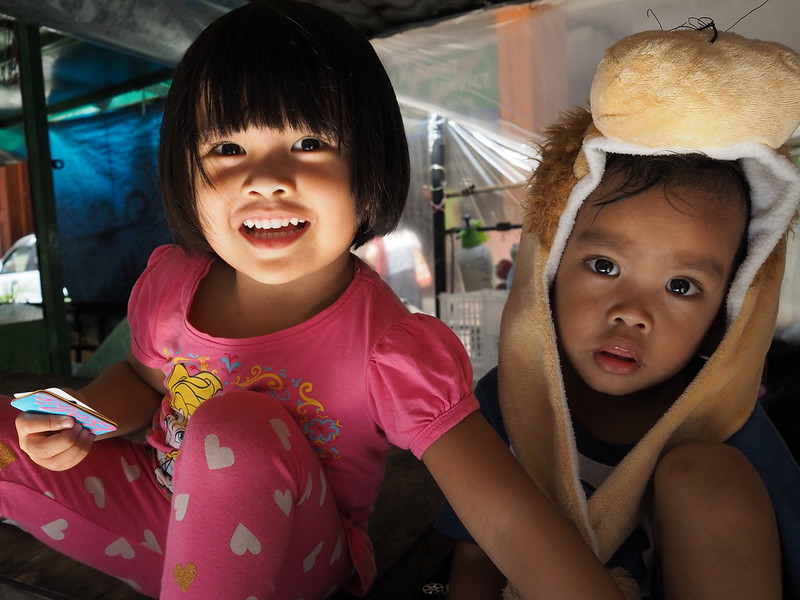

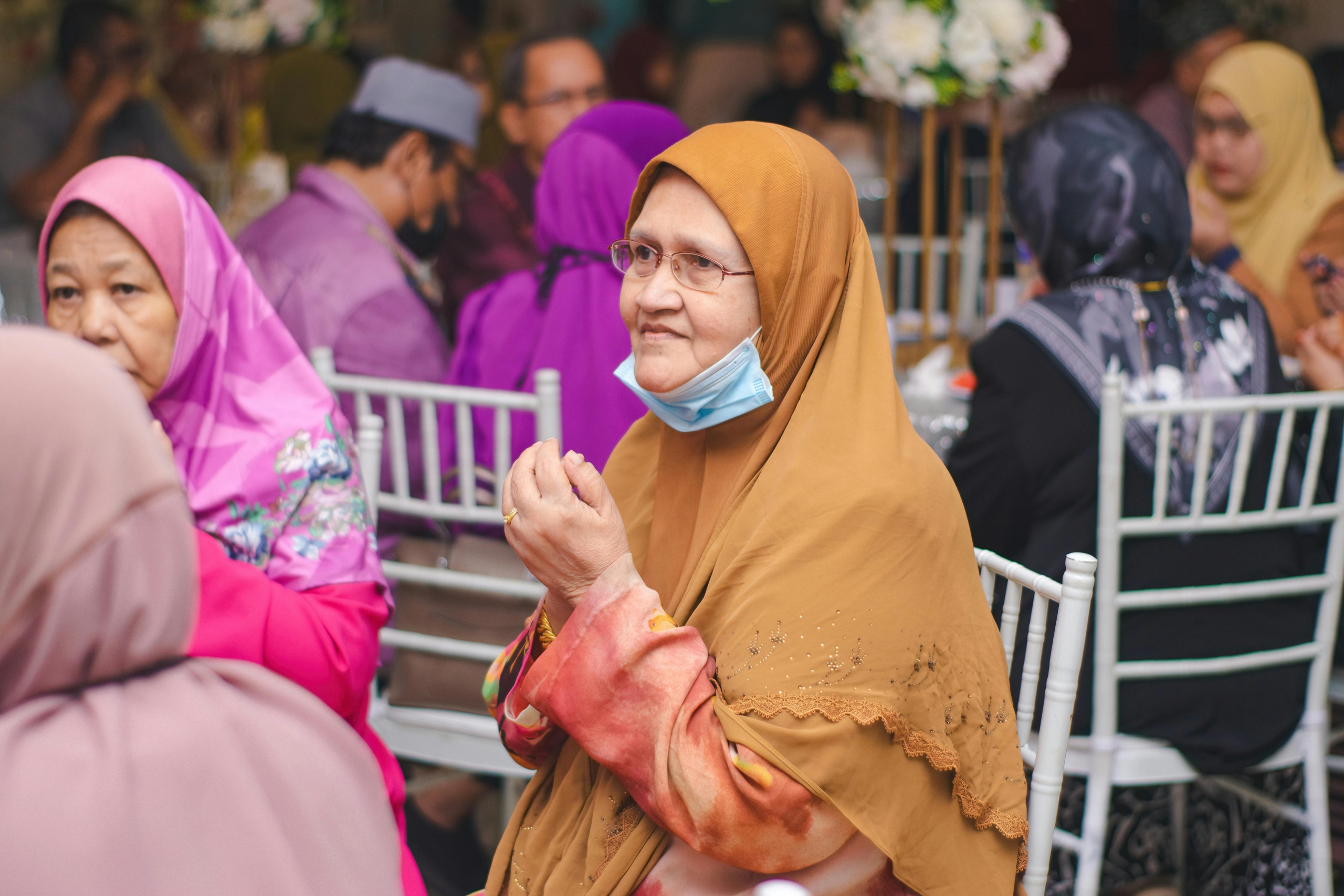
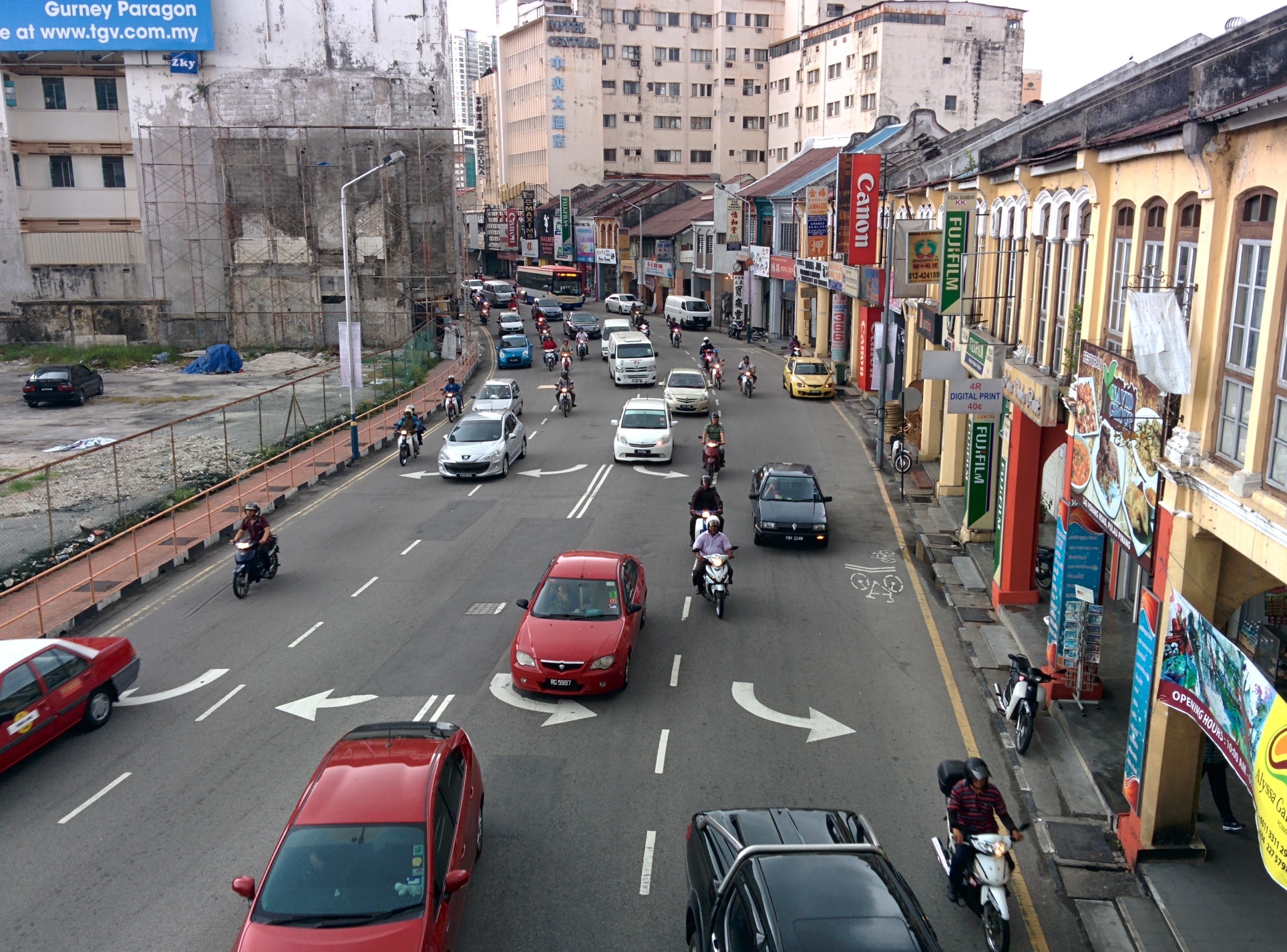
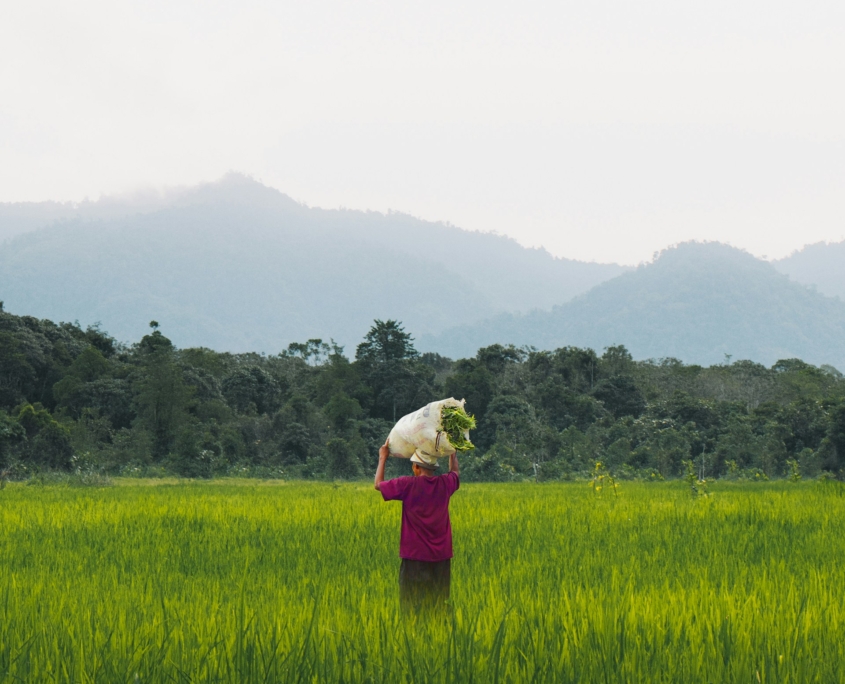 More than
More than 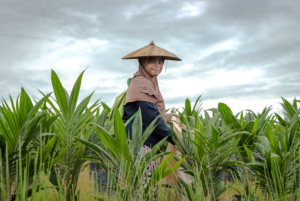 Palm oil is the world’s highest-yielding vegetable oil and
Palm oil is the world’s highest-yielding vegetable oil and  Vocational education in Malaysia is critical to the Southeast Asian country’s plans for development in the long term. While the Malaysian government has traditionally adopted measures to
Vocational education in Malaysia is critical to the Southeast Asian country’s plans for development in the long term. While the Malaysian government has traditionally adopted measures to 